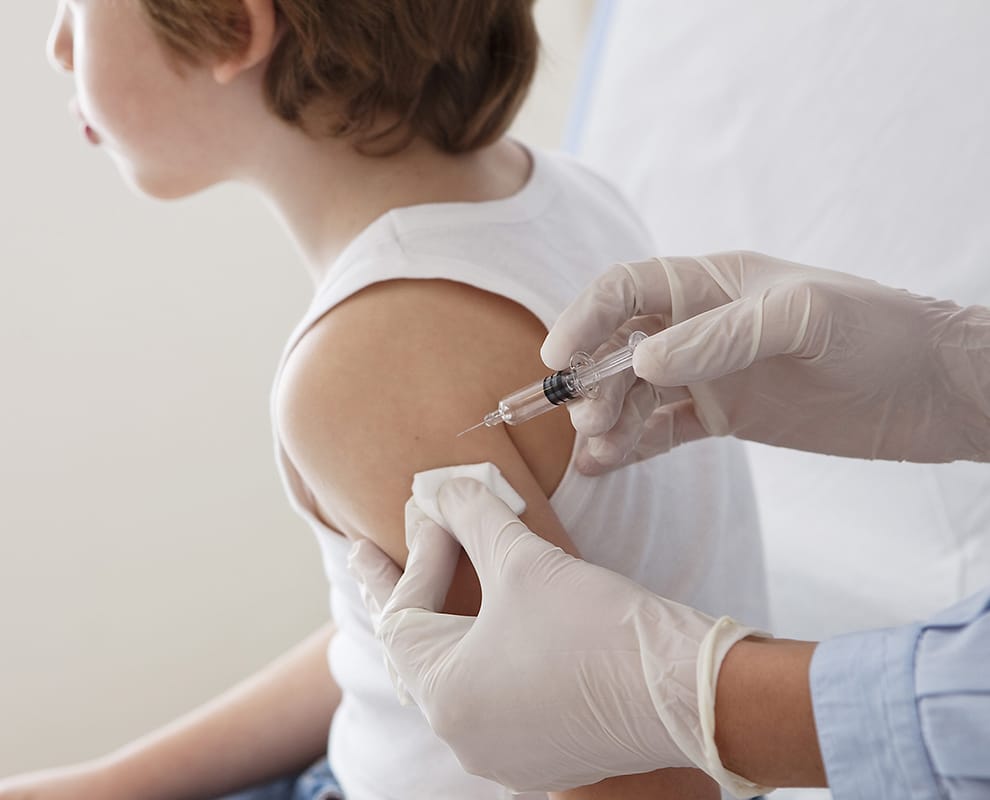Your Child Should Receive all the Recommended Vaccines
Immunizations are crucial for protecting children from serious, preventable diseases by building immunity in a safe and controlled way. Vaccines help safeguard not only the individual but also the broader community by reducing the spread of infections, contributing to overall public health. They are a key part of keeping children healthy and preventing outbreaks of contagious diseases.
5-in-1 or 6-in-1 vaccine (also known as DPTP-Hib), DPT-polio, or Hib vaccine
Administered: 2 months; 4 months; 6 months; 18 months; 4-6 years
Protects against diphtheria, tetanus, pertussis, polio, and Hib disease.
Rotavirus vaccine
Administered: 2 months; 4 months
Protects infants against rotavirus, the most common cause of serious diarrhea in babies and young children.
Pneumococcal vaccine
Administered: 2 months; 4 months
Protects against infections caused by Streptococcus pneumoniae, including meningitis (a brain infection), pneumonia, and ear infections
Meningococcal vaccine
Administered: 12 months
Protects against diseases caused by the meningococcus bacteria, including meningitis and septicemia, a serious blood infection.
MMR vaccine
Administered: 12 months; 4-6 years
Protects against measles, mumps, and rubella.
Varicella vaccine
Administered: 15 months; 4-6 years
Protects against chickenpox, a very uncomfortable and sometimes serious infection.
Hepatitis B vaccine
Administered: Grade 7
Protects against hepatitis B, a serious infection of the liver.
HPV vaccine
Administered: Grade 7
Protects against the types of HPV that cause cervical cancer, some other cancers, and genital warts.

Influenza (flu) vaccine is also recommended each year for children older than 6 months: the Ontario flu season and pediatric pneumonia that can follow the flu is currently affecting children disproportionately and you can get a needle or nasal spray vaccine for your kids if over age 2 and needle if over 6 months of age. See your doctor and get your kids protected from flu.
If you have questions call your local Public Health Unit or see your Pediatrician, Family Doctor, or Nurse Practitioner.

